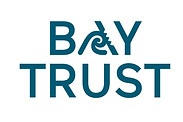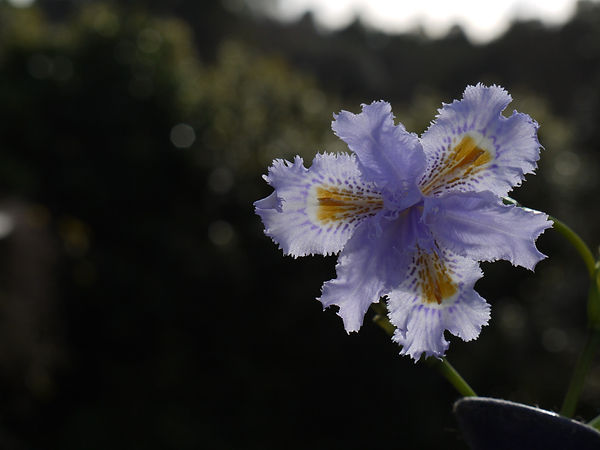The cost of traditional funeral services keeps rising. The high business overheads (premises, full time staff) of regular funeral services do not allow for low-cost solutions. Families can be stressed by funeral debt that can take years to pay off.
In the Eastern Bay of Plenty and other areas, many people are reclaiming traditional rites around death and dying. Māori weave whāriki and make puhirere (plinths) and taupoki and the Whakatāne Menzshed makes low-cost traditional coffins.
We want everyone to know they have the choice to keep their loved one at home after death and care for the body/tūpāpaku themselves. Less than 100 years ago this was common practice. The information in this website can prepare people to do this themselves. However, much of the knowledge of ways to provide this loving care of people after death has been lost over the past three generations, so families may prefer to have a funeral guide to support them. There is a growing number of funeral guides practising in many districts in Aotearoa. Our funeral guides/pou herenga will be available in 2023 to provide this support in the Eastern Bay of Plenty.
3. Environmental sustainability
Embalming is now banned in some European countries because of its effect on the health of embalmers and pollution of soils and ground water. Our funeral guides do not provide an embalming service. Embalming is rarely necessary, provided the body is kept cool, at a temperature of 1-5 degrees Celsius. This can easily be done with the use of ice packs or a cooling pad underneath a coffin.
There are now 22 natural burial cemeteries in Aotearoa, including the one in our district (Whakatāne). More are being developed every year. In these, instead of permanent memorials, trees are planted on gravesites. People buried there must not be embalmed because of the chemical pollution. Details on the Natural Burial site.






